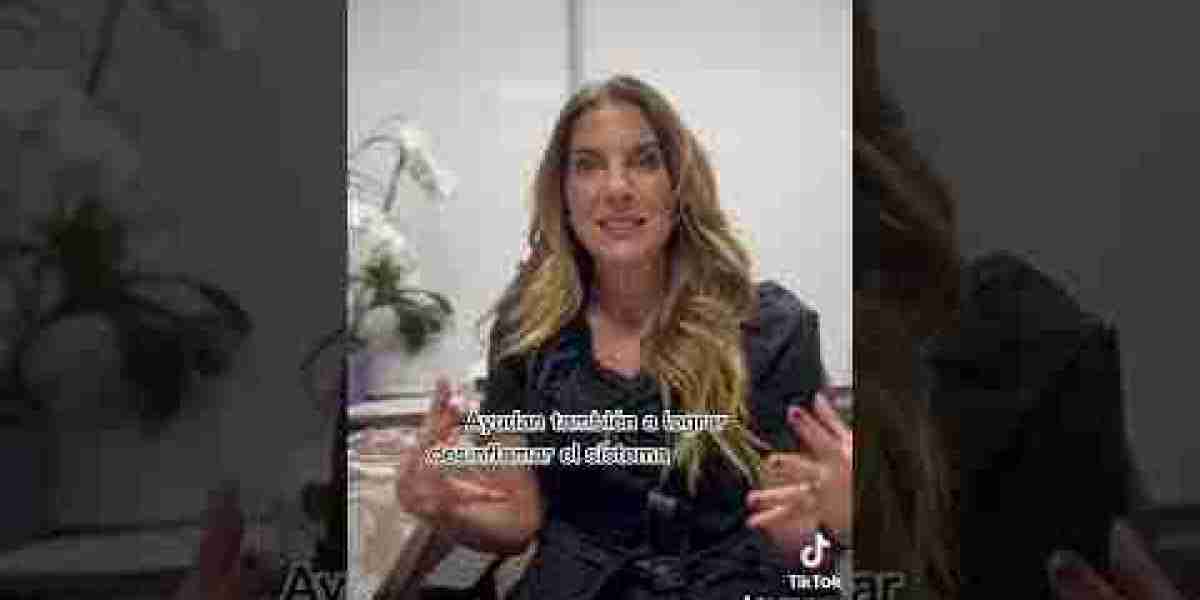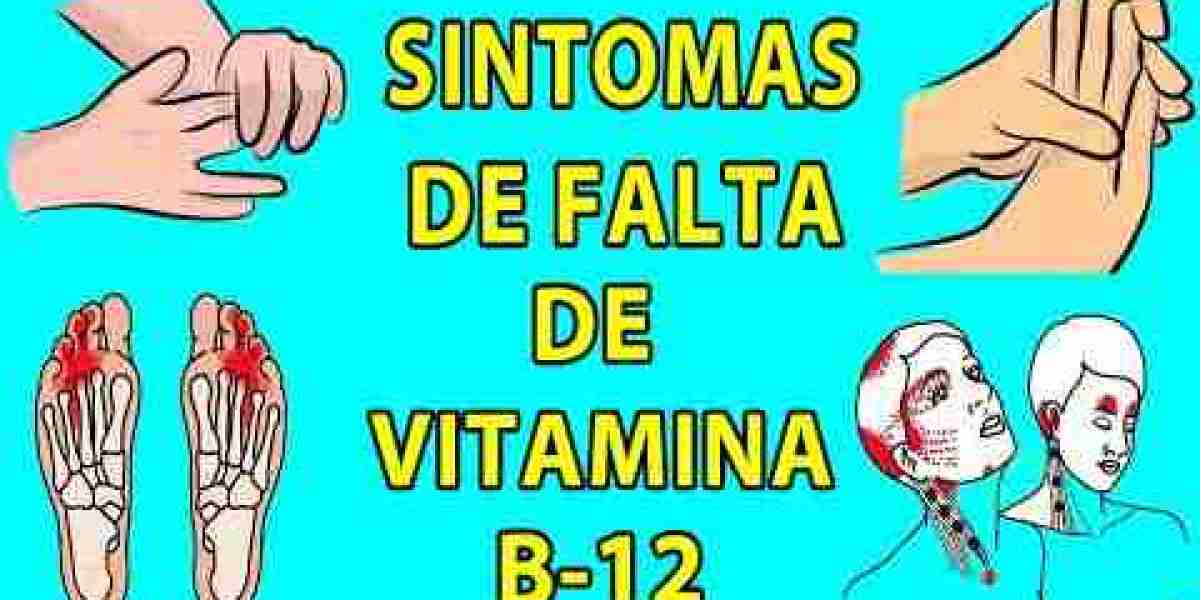Así es la gelatina del 'súper': con exceso de azúcar o edulcorantes y pobre en proteínas | #las propiedades de la ruda
کشف کردن نوشته هامحتوای جذاب و دیدگاه های متنوع را در صفحه کشف ما کاوش کنید. ایده های تازه را کشف کنید و در گفتگوهای معنادار شرکت کنید
Colágeno y biotina: para qué sirve y cómo se debe consumir | #las propiedades de la ruda
Brigadeiros: cómo preparar los bombones de chocolate típicos de la cocina brasileña | #brigadeiro de colher de oreo
Brigadeiros brasileños Receta de cocina fácil, sencilla y deliciosa | #brigadeiro de colher de oreo
10 Beneficios de la ruda sorprendentes para tu salud | #la biotina produce sueño
Qual a Diferença de Brigadeiro Tradicional e Brigadeiro Gourmet? | #brigadeiro gourmet recheado
Para qué sirve el romero: propiedades y 5 beneficios | #la biotina produce sueño






